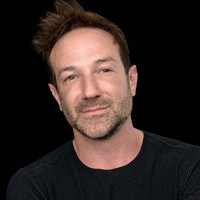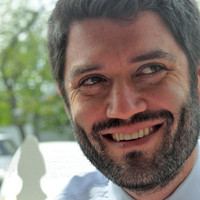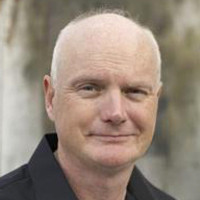Sponsored
Style That Works on Your Schedule
Our sponsor this week is Trunk Club, a new way to shop. Trunk Club takes the pain out of finding great men's clothing: instead of having to go the store, you'll get a personal stylist who will find the best clothes to fit your style and budget, then send them right to your door. Keep what you like, give back what you don't free of charge.
There are no hidden fees, no subscriptions, no waiting in line. Just fantastic clothes handpicked for you. Try Trunk Club today.




















